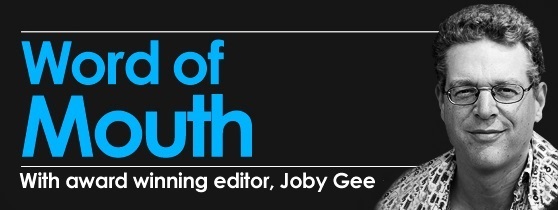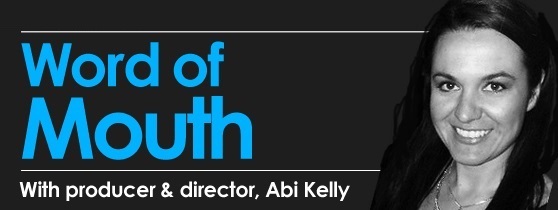
2010 is a big year for Women in Film & TV UK (WFTV). This is the year we celebrate our coming of age. That’s right, we’re 21 years young! But we’re not the eldest in the family. WFTV UK was the third chapter to be established (our older siblings being LA and New York) as part of an international community of women working in the media that has grown to include over 10,000 members within 37 chapters worldwide. Women in Film and TV, as a brand, is well established in the industry, and well respected.
As Head of Communications here in the UK, I’m often asked (usually by men) why there’s a need for our organisation to exist in the 21st Century. I would love to be able to say there isn’t one (even though it would mean I’d be out of a job). But the statistics clearly show that, 21 years on from our founding, there most certainly still is.
The 2009 Skillset Employment census showed us that nearly 5000 women had left the TV industry since the recession, compared to just 750 men. It also found that, in general, women were over-qualified, over-worked and underpaid compared to their male counterparts. Broadcast Magazine’s annual survey of women in the TV industry for 2009 seemed to paint a similarly worrying picture. It found that the gender pay gap, ageism, and sexism had all worsened in the industry since their first survey of 2006.







